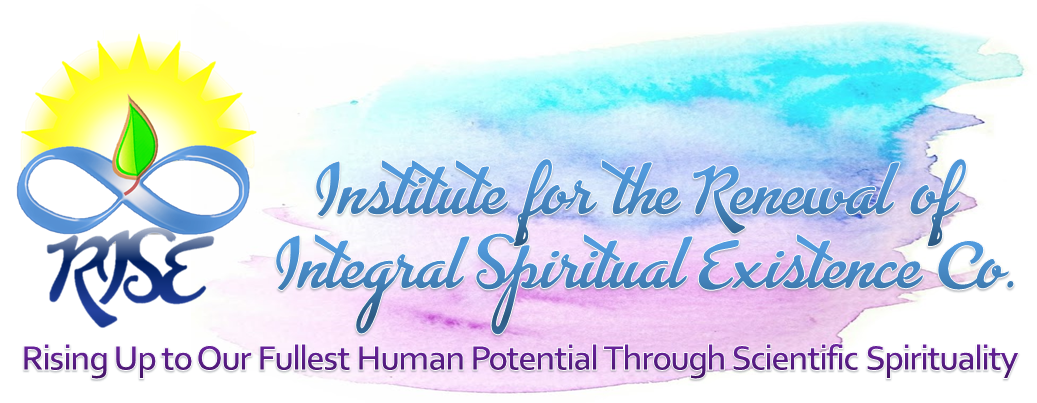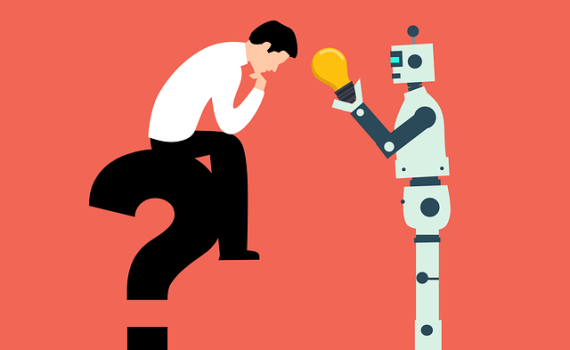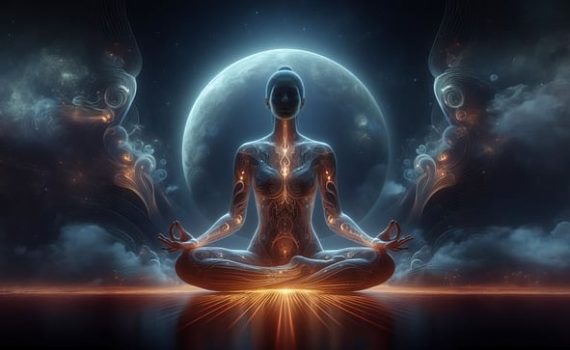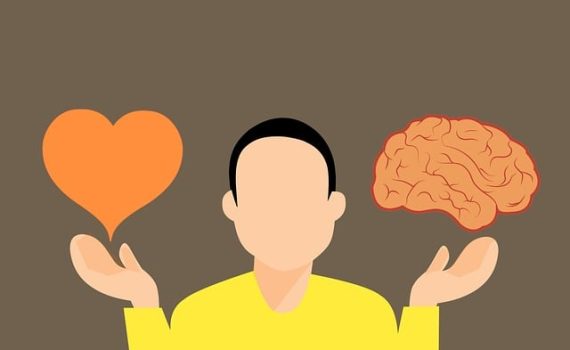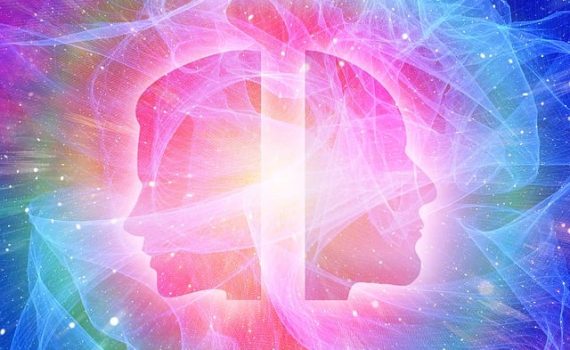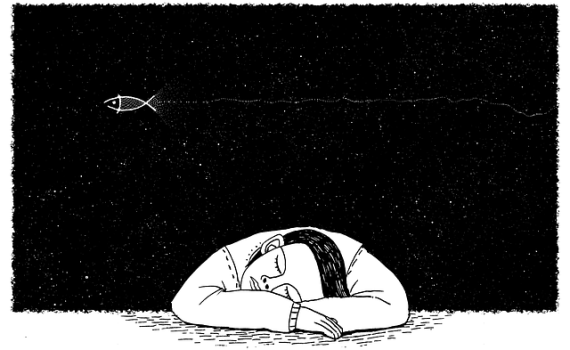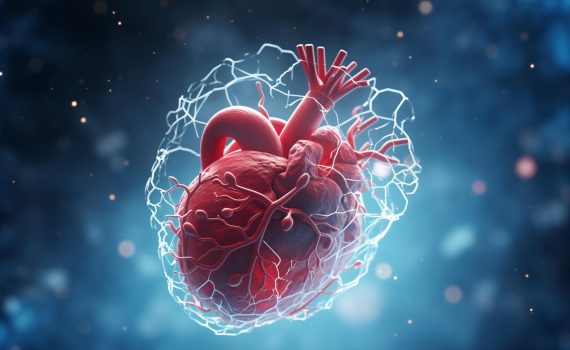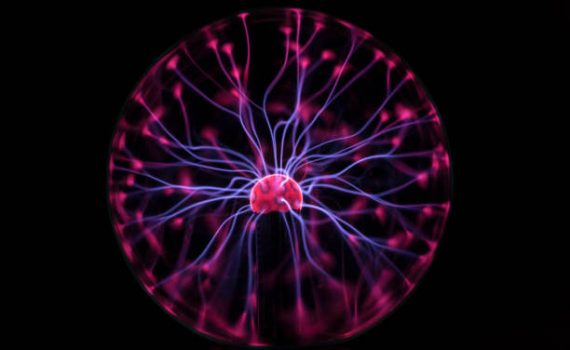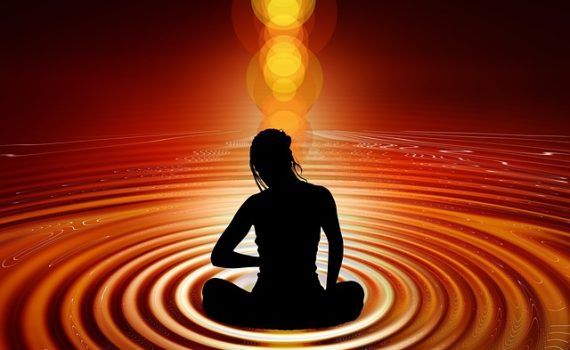In this discussion with Know Thyself host Andre Duqum, Gregg Braden emphasizes the rapid advancement of technology and its potential to outpace our moral and ethical understanding, particularly regarding human biology and artificial intelligence. He warns that while we have the unprecedented ability to alter our biology, this technological evolution […]
SECOND AND MORE SPIRITUAL SCIENTIFIC REVOLUTIONS
The article “The Great Reunion: How Science and Spirituality Are Converging” explores the historical separation and recent convergence of science and spirituality, emphasizing their shared principle of interconnectedness. It illustrates how quantum physics reveals the relational nature of existence, fractal mathematics uncovers universal patterns, and ecology highlights the intricate web […]
The article highlights the significance of training intuition to enhance decision-making skills, emphasizing that intuition, often described as a “gut feeling,” emerges from the effective collaboration of information and experience. Laura Huang, a Harvard Business School professor, underscores the role of intuition in high-stakes situations, where quick and informed decisions […]
The article discusses a groundbreaking theory proposed by scientist S. K. Gupta, who suggests that human consciousness may be linked to a higher dimension beyond our typical perception. Gupta posits that this higher dimension could explain phenomena such as intuition and extrasensory perception, which are often difficult to quantify through […]
A groundbreaking study suggests that memory and learning may not be exclusive to brain cells, as researchers found that non-brain cells, including those from nerve and kidney tissues, can also learn and form memories. By simulating spaced learning through chemical signals, the scientists observed that these cells activated a “memory […]
The article explores the significant relationship between social connections and longevity, highlighting that individuals with stronger social relationships have a 50% higher likelihood of survival compared to those with weaker ties. This study emphasizes the importance of social networks in promoting health and well-being, suggesting that fostering strong relationships can […]
The article discusses a study revealing that sleep is crucial for effective decision-making and emotional regulation, as fatigue can lead to “local sleep” in the brain’s frontal cortex, impairing judgment. This phenomenon occurs when certain brain regions become inactive while the individual remains awake, resulting in impulsivity and diminished self-control. […]
Scientists have discovered a complex network of neurons in the heart, often referred to as a “mini-brain.” It plays a significant role in regulating heart function and responding to stress. This neural network, the intrinsic cardiac nervous system, contains approximately 40,000 neurons and communicates with the brain, suggesting that the […]
In an interview with Robert Temple, the discussion centers on plasma, the fourth state of matter, and its profound implications for our understanding of the universe. Temple explains that plasma, which comprises 99.9% of the universe, challenges traditional atomic physics and suggests a need for a new scientific framework. He […]
The article “Physicalism is Dead” discusses the philosophical stance of physicalism, which posits that everything, including mental states, can be explained by physical processes. The author argues that recent developments in neuroscience and philosophy challenge this view, suggesting that mental phenomena cannot be fully understood through physical explanations alone. The […]
The article “Science as We Know It Can’t Explain Consciousness, but a Revolution is Coming” discusses the limitations of current scientific paradigms in fully understanding consciousness. It highlights the ongoing debate surrounding the “hard problem” of consciousness, which questions why and how subjective experiences arise from physical processes in the […]
The article discusses the intricate relationship between body, mind, and consciousness in the context of healing, emphasizing that true healing transcends mere physical recovery and involves achieving wholeness and balance among these elements. It highlights that instability in the body-mind can lead to self-discovery and altered states of consciousness, particularly […]
